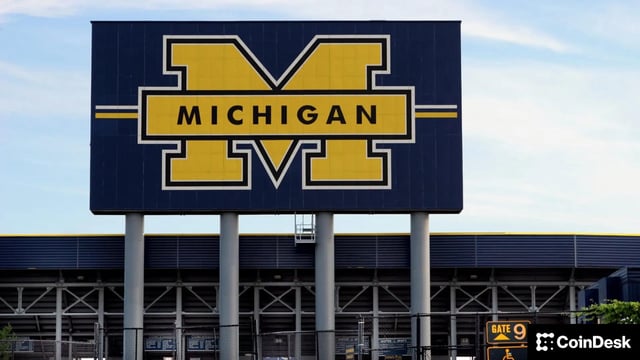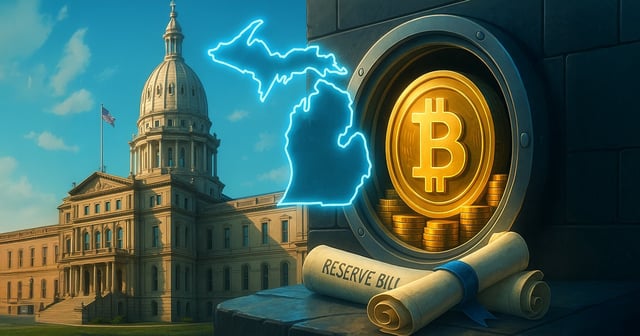Overview
- After seven months of inactivity, the House advanced HB 4087 on Sept. 18 by placing it on the second reading calendar and referring it to the Government Operations Committee.
- The bill would let the state treasurer allocate up to 10% of money from the general fund, countercyclical budget, and economic stabilization fund into digital assets or related exchange-traded products.
- Custody provisions require qualified custodians or secure storage, exclusive state control of private keys, end-to-end encryption, geographically diversified data centers, multiparty transaction authorization, and regular independent security audits.
- The measure permits limited lending of digital assets subject to risk limits, a point framed as a way to enhance returns without introducing excessive financial risk.
- The Michigan Bitcoin Trade Council opposes the bill’s open-ended asset eligibility, urging a Bitcoin-only approach as other states including Texas, New Hampshire, and Arizona have enacted reserve laws, while the U.S. House has asked Treasury to study a national reserve.



